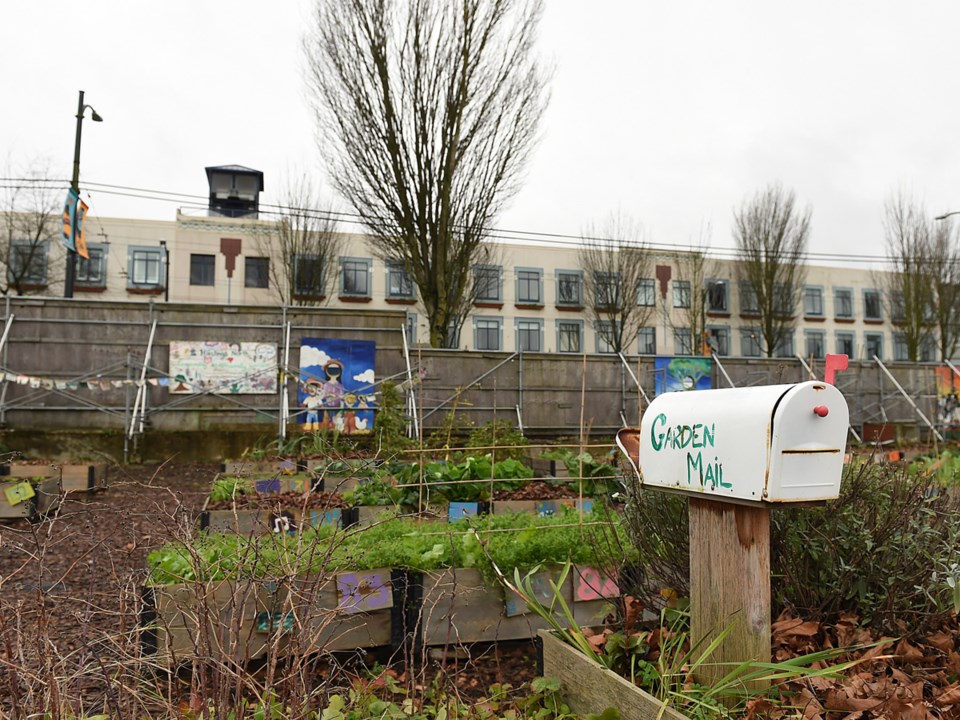Does it not strike you as odd that, when it comes to city-imposed property taxes in Vancouver, small businesses, struggling to stay alive, get pounded to the point of facing failure, while major developers get significant tax reductions for doing nothing except allowing folks to grow a few carrots or potatoes on their patch of land?
And if that doesn’t puzzle you, how about the city’s new venture apparently designed to deal with housing affordability.
That would be the “empty home tax” where one beleaguered citizen is now facing up to a $40,000 penalty because she owns a property that doesn’t even have a home on it. In fact, it has never had a home on it.
I mean, you can’t make this stuff up.
But first property tax:
The city has tried to deal with the issue of property tax burdens on small businesses. For years there was a program of shifting the overall tax collected from commercial properties to residential. That impact was significantly diminished by the fact that real estate assessed values in recent times have shot up dramatically on all property in this neck of the woods.
For those figures we rely on the BC Assessment Authority, which is required by law to determine value based the “highest and best use” for that property.
What has hurt small businesses is that many of them have what are called “triple net” leases. That means that every time their landlord’s property taxes go up — mostly because of the increasing value of their property — that tax increase gets passed on to the small business tenant. Incidentally, that doesn’t happen automatically for tenants of residential buildings. When their rents are increased for whatever reason, there is a maximum annual increase that has been imposed by the province.
But there is another factor that specifically hurts small businesses. I draw your attention to what has been happening for the past several years and seems to have escalated last year in particular. Let me cite one example.
Wesgroup is a development company owned by a guy named Peeter Wesik. Last year Wesgroup purchased five gas stations, including one in my neighborhood at West Fourth and Macdonald. By October the buildings were demolished and removed, the ground surface was covered with gravel and the property was surrounded with a chain link fence.
Thanks to a deal Wesgroup made with a not-for-profit outfit called Shifting Growth Society, wooden planter boxes filled with soil were placed on the property. In my particular ’hood there were 100 boxes mostly three feet by four feet in size.
Then signs were erected announcing “Your Community Garden Brought to you by Wesgroup.”
All of this was deliberately done before the end of October. Here’s why. That is the point on the calendar when the BC Assessment Authority folks turn up to determine the classification of the property.
In the case of these five properties, they changed from the previous year when they were “business or other,” which put them in Class 6, to this year where they are “recreational,” which is Class 8.
Now here is the point. By shifting the property from Class 6 to Class 8 the property taxes Wesgroup has to pay are cut to about one third of what they would have been — a savings of at least $15,000 on one property.
But the city treasury doesn’t suffer at all.
Vision councillor Raymond Louie says the money they aren’t getting from Wesgroup gets applied to all the other properties in the same category. So that means much of that tax burden gets passed on to all these small business with triple net leases.
So, in effect there are two beneficiaries. One is Wesgroup. The other is the commercial landlord who not only benefits from his property going up in value but who can automatically pass the increased property tax burden on to his tenants.
The city doesn’t lose a dime in the transfer. The community, however, loses when those small businesses shut down.
As for the anomalous empty home tax on a property that does not now nor has ever had a home on it — the city says they want to discourage owners of empty homes from demolishing them to avoid the tax. But give me a break.



